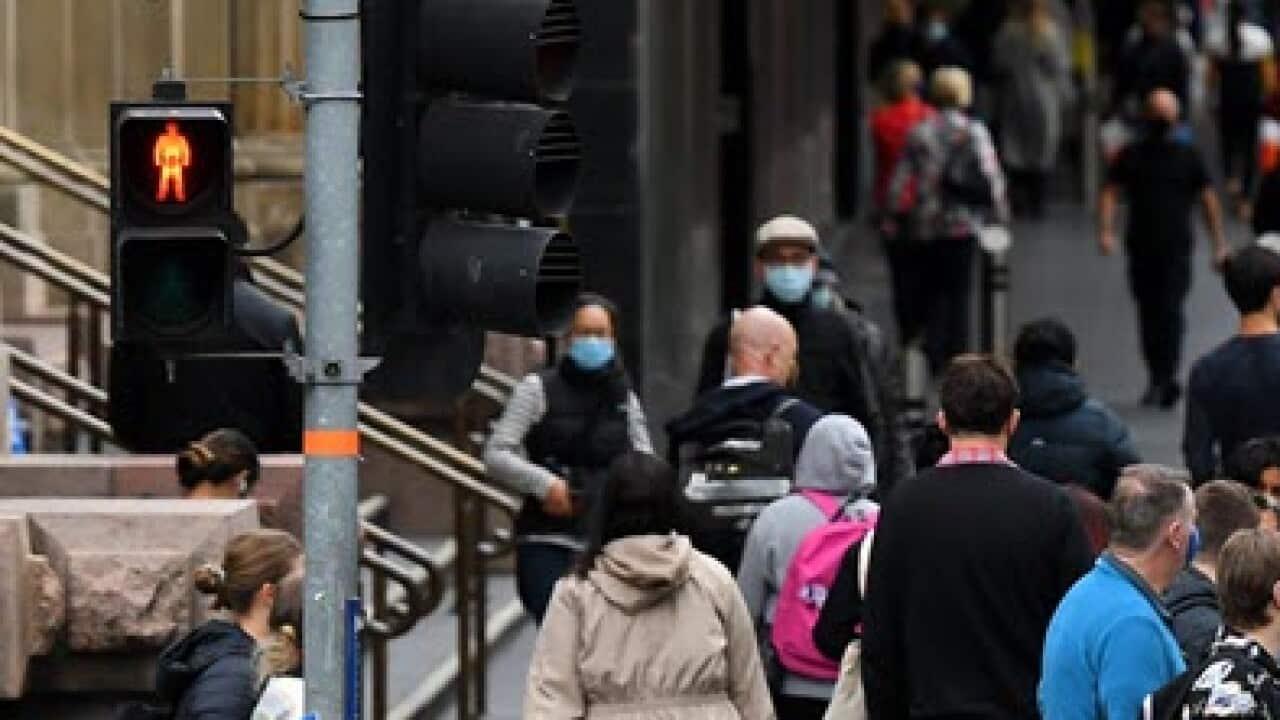Highlights
- Migration is integral to Australia’s economic recovery from COVID-19: Immigration Minister Alex Hawke
- Migration policies to be more flexible in post-pandemic environment
- CEDA calls for emphasis on skilled migration to fill critical skills shortages
Minister Hawke said migration will be crucial for Australia’s economic recovery from COVID-19 during a live session hosted by the Committee for Economic Development of Australia (CEDA), an independent think-tank on 20 April.
The immigration minister said skilled migration will be calibrated to support the needs of Australia’s growing industries and to plug skills shortages and promote employment generation in critical sectors to assist national economic recovery.
Immigration and Australia's economic recovery:
“The government sees the migration program as integral to how Australia will recover from COVID as well and accessing the skills that we need, the shortages that we will have in our economy as it recovers, will be a high priority for the migration program in coming years,” Mr Hawke said.
In recent years, migration has overtaken natural increase as the dominant component of population growth. This has led to an accelerated rate of population growth over the past two decades.
Net Overseas Migration (NOM) is expected to remain negative until at least 2022-2023, based on the government estimates released in December. But as the country's international borders remain closed, the situation presents a critical problem for the Australian economy that is heavily reliant on overseas migration.
'Skilled migration integral to reimagining our economy' As the economy looks like it is gaining momentum, so too is the debate over migration planning levels for the financial year 2021-22 and what role migrants should play in economic recovery.
As the economy looks like it is gaining momentum, so too is the debate over migration planning levels for the financial year 2021-22 and what role migrants should play in economic recovery.

CEDA chief executive Melinda Cilento. Source: Supplied by CEDA
Speaking to SBS Punjabi, CEDA chief executive Melinda Cilento said migration, particularly of skilled migrants, is integral to reimagining our economy and the post-pandemic economic recovery in Australia.
“Over the last 70 years, Australia has welcomed 7 million permanent migrants, 2 million in the last decade alone and increasingly that’s been, skilled migrants. With our borders closed and with our economy growing strongly, we are seeing skilled needs emerge really quickly. I think based on the SEEK employment or job vacancies data from March, we are seeing job ads at their highest level in more than 20 years,” Ms Cilento said.
“What we are hoping for is that the government is going to be responding to these trends, and they are going to bring more agility into the (migration) program and actually make it easier for businesses to get the skills they need,” she added.
Migration policies will be more flexible and responsive:
Mr Hawke said the federal government recognises the challenges triggered by COVID restrictions and the impact that the missing cohorts of economic migrants, including international students, tourist and temporary visa holders, are having on the Australian economy.
“We are missing out on (our) international student cohort, we are missing our tourists, we are missing our temporary visa holders in our arrivals, and certainly, the workforce that they provide for our primary production sectors has been demonstrated to be critical, so we know that skilled migration plays an important role in our economic recovery as well and temporary migrants also contribute significantly,” he said. Minister Hawke assured that migration policies would be more flexible in post-pandemic times.
Minister Hawke assured that migration policies would be more flexible in post-pandemic times.

Mr Hawke said migration will play a crucial role in assisting Australia's post-pandemic economic recoverey. Source: AAP
He said many temporary changes have been made to multiple visa criteria and requirements, and more updates will be announced, including changes to the government’s Priority Migration Skilled Occupation List (PMSOL) that currently identifies 18 occupations that fill critical skills needs to ameliorate the economic constraints of the pandemic.
'Upcoming migration program is likely to be harsh on points-based general skilled migration'
Melbourne-based migration agent Ranbir Singh said that while he understands the government’s need to ramp up employer-sponsored skilled migration, he anticipates that the upcoming migration program is likely to be harsh on points-based general skilled migration.
“It is highly likely that, for the next financial year, the points-based skilled migration visas are going to be prioritised for occupations in the critical skills sector only. Also, it’s expected that there will be little or no change in the number of invites issued per quarter in the next financial year,” he told SBS Punjabi.
“Employers might find it easy to sponsor skilled staff if the Department of Home Affairs implements all the changes reare taken on board,” Mr Singh added.
People in Australia must stay at least 1.5 metres away from others.
Testing for coronavirus is now widely available across Australia. If you are experiencing cold or flu symptoms, arrange a test by calling your doctor or contact the Coronavirus Health Information Hotline on 1800 020 080.
The federal government's coronavirus tracing app COVIDSafe is available for download from your phone's app store.
SBS is committed to informing Australia’s diverse communities about the latest COVID-19 developments. News and information is available in 63 languages at






